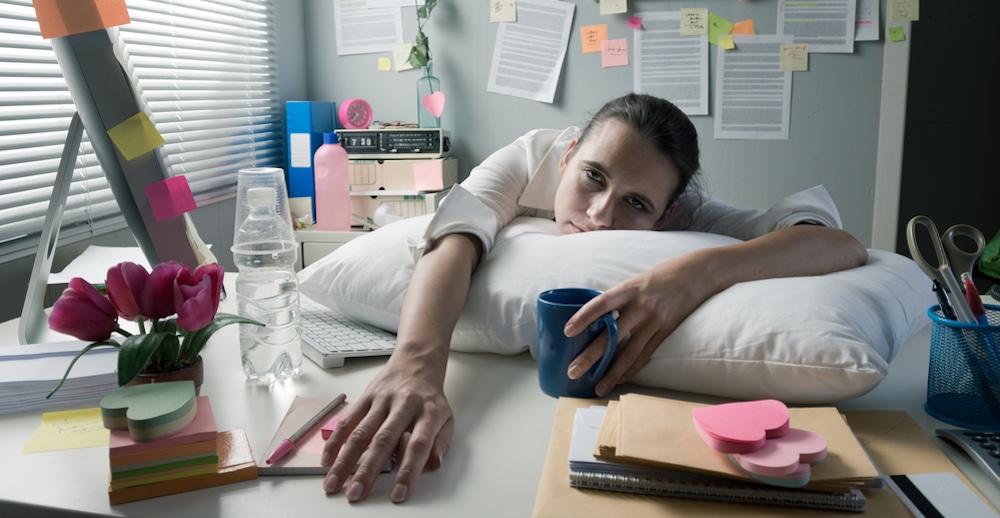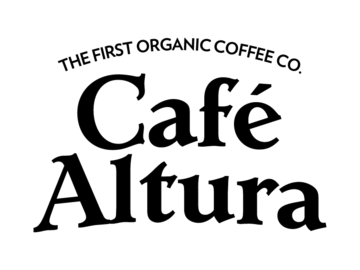
The Horror! Can You Imagine An Office Without Coffee?
Next time it’s Friday the 13th, forget about Jason, Freddy, and Chucky. Let’s talk about something really scary. Imagine a workplace without … coffee.
Coffee is arguably essential to the modern workforce. Somebody is going to be a coffee drinker. Coffee drinkers are usually in the majority. And like Formula 1 race cars, they require fuel.
With its intoxicating aroma, coffee serves as the day-to-day wake-up call for most of us. It helps us power through our lives. It isn’t any surprise, therefore, that it’s among the most consumed drinks worldwide.
People use coffee for their morning jump start, as a pick me up during the day, and to give them the energy they need to get to the finish line with high productivity at the end of the day. Take it away and watch your workforce’s productivity slump.
Don’t Break with the Coffee Break
Coffee isn’t only important for its ability to help people remain alert. It’s an important part of modern socializing, which is also integral to any team’s ability to be respectful and relaxed enough to be innovative.
People don’t bond over the water cooler. The water cooler is traditionally where people go to gossip, which is not nearly so effective as powering up during a friendly, coffee break.
“Water break” hasn’t entered the lexicon. Drinking coffee, however, has become an integral part of office culture around the world.
Coffee is Healthy
In a popular May NY Times article, Aaron E. Carroll, Indiana University School of Medicine professor, outlined persuasive proof that coffee intake is related to a broad array of reduced health risks and increased longevity.
An increasing body of evidence points to coffee as a brew robust with antioxidants. It has been proven to help ward off cancer, heart conditions, and Alzheimer’s disease.
Even The Dietary Guidelines Advisory Committee Must Drink Coffee in the Office
According to The Dietary Guidelines Advisory Committee, there are health advantages related to consuming coffee and they will encourage individuals to increase their intake to 3 – 5 cups per day, or up to 400 mg of caffeine.
Although 5 cups of coffee will sound like a lot, most studies equate 1 cup of coffee with eight ounces, which contains 100 mg of caffeine. A small coffee from the local coffee shop is 12 oz. with around 150 mg of caffeine.
Even that small coffee can make a difference in the office. The connections between productivity and coffee in the office are solid. Almost 50% of the workforce in the US agrees, noting that they’re less productive if they go without it, according to an employee survey by CareerBuilder.
So long as you do not overdo it, consuming coffee may ramp your productivity up at work. A workplace without coffee is not just a nightmare; it’s bad for business.
Coffee in the Office Helps You Stay alert
The caffeine in coffee does not really wake you up. It does, however, inhibit the primary compound inside your brain that makes you sleepy. Referred to as adenosine, this substance builds throughout the day and reduces your body’s levels of energy, which consequently, makes you feel sleepy.
In the morning, you may still feel sleepy from adenosine in your system. A morning coffee will block the brain’s adenosine receptors, which will help get you going.
Caffeine will also ramp up the brain’s levels of energy, leading to enhanced memory, better focus, improved problem-solving, and enhanced cognitive function in general, according to one Nutrition study which assessed scores of caffeine research.
According to researchers, when you have to focus on a critical project at work, you may heighten your concentration by drinking coffee. Whether you need to plow through simple tasks or sift through complex issues of the day, office coffee is on your side.
An Office Coffee Gets Our Creative Juices Flowing
Some will argue that coffee places a dampener on creativity because the alertness it’ll foster will keep the mind from wandering. A wandering, daydreaming mind is often conducive to out-of-the-box, creative thinking.
Studies from MIT and others, however, support the idea that coffee may assist people in being more creative both in a group setting and individually. Sitting together over some coffee in the workplace breaks down normal professional and social barriers. This leads to more freewheeling or casual conversations.
For others, consuming coffee will stimulate their brains, and blow out the cobwebs to “make room” for innovative thinking or bolts of inspiration.
Coffee Can Help People Learn More Quickly at Work
Around 200 mg of caffeine can help people identify phrases and words more rapidly, according to a study from the journal PLOS One.
The psychologists behind the study gave healthy participants either a lactose pill or caffeine. Those who received caffeine were able to tell whether a string of letters formed a made-up word or an actual word more quickly than those without caffeine.
Another study discovered that college students who consumed 200 mg of caffeine had better recall of terms from 6 lists of fifteen terms each. They also saw that consuming coffee improved short-term memory, as well as an increased capability to solve reason-based problems.
Whether you are studying for a certification examination or attempting to master new procedures and techniques at work, coffee makes learning time more productive.
If you hear talk of anyone removing coffee from the workplace, hit the fire alarm. A workplace without coffee is a wasteland of lost potential and in-the-box thinking.
For businesses facing enhanced competition at the moment: slow and steady will get you there in the end, but it will not win the race. Sorry, Aesop. If the hare had taken 200mg of coffee instead of a nap, it would have been a whole different story.
